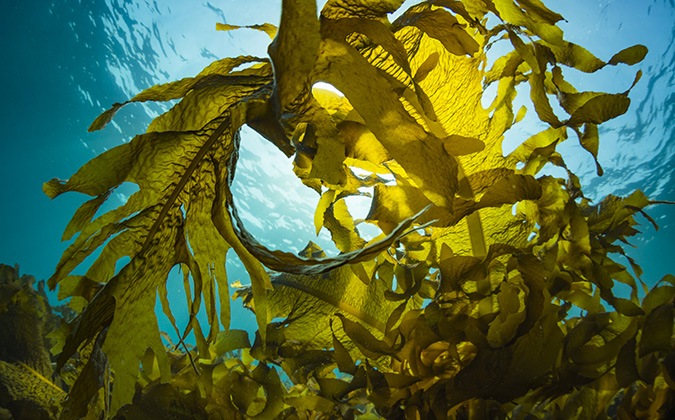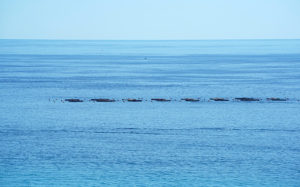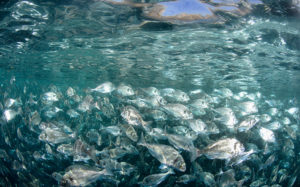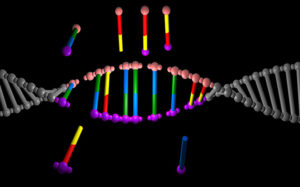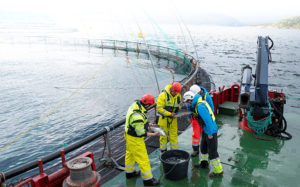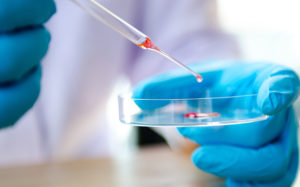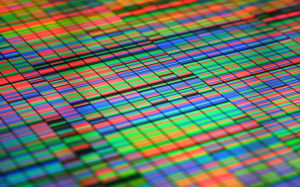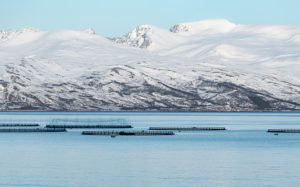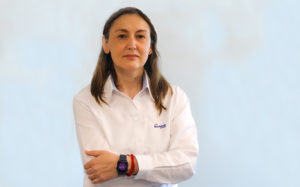NEWS & TRENDS
Exposed, offshore salmon farms may complicate fish-health challenges
Life on exposed offshore aquaculture sites may increase the susceptibility of farmed Atlantic salmon to parasites and pathogens.
Cutting antibiotic use in Chile’s growing salmon sector
An interview with Francisco Vallejos, MV, deputy health manager for Camanchaca SA.
High stocking density linked to skeletal issues in juvenile sea bream
Lower stocking densities could reduce the frequency of skeletal deformities in young gilthead sea bream, increasing fish welfare and productivity.
Navigating barriers on the road to gene-edited fish
Gene editing could aid fish resistance to disease, as well as provide other advantages to producers, but there are still barriers to overcome before it becomes widely used in global aquaculture, according to an industry expert.
New tools can transform understanding of aquaculture’s microbiology
The microbiome of aquaculture systems has long been known to have a significant role in fish health and welfare issues, yet a full understanding of these interactions has often eluded experts.
New knowledge could aid diagnosis of salmon farms’ troublesome cardiac disease
Screening plasma and kidney samples could prove a useful method to provide early diagnosis of cardiomyopathy syndrome (CMS), a common viral disease which causes mortality and welfare issues in Atlantic salmon farming.
How accessible genome sequencing supports sustainable aquaculture
New, affordable technologies are changing the speed and cost at which full-genome sequences can be produced for diverse applications.
Study tracks salmonid alphavirus transmission in Norwegian aquaculture
New genomic analysis of salmonid alphavirus subtype 2 (SAV2) samples from Norway has shed new light on how the pathogen has spread through the country since its introduction in 2010.
Distinct bacterial variants make winter ulcer diagnostics ever-more important
A complex genetic picture is posing problems for Norwegian salmon farmers managing stocks affected by winter ulcer.
Vaccines and smart sea lice control helping Chilean salmon giant improve sustainability
Salmon rickettsial septicemia and Caligus sea lice are two of the major concerns affecting salmon production in Chile. Thanks to new approaches in fish-health management, Blumar Seafoods is successfully limiting their impact.

